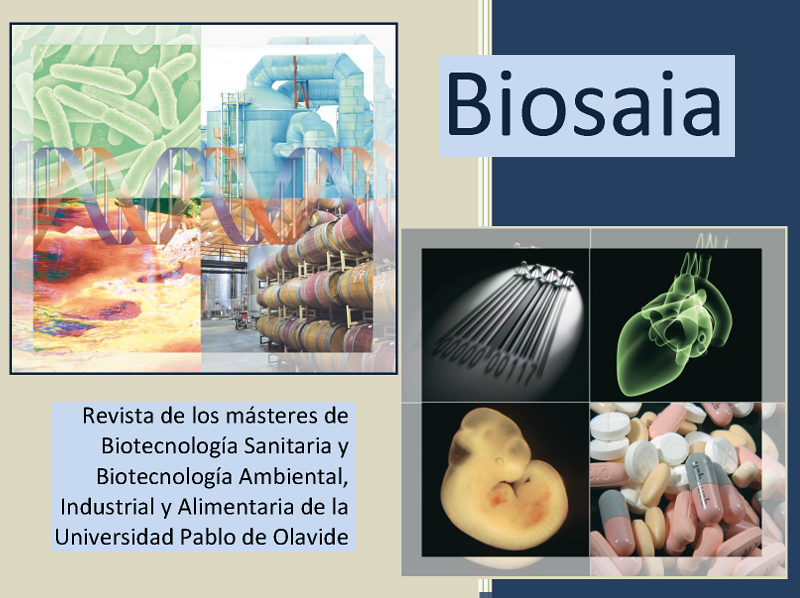Resveratrol derivates for age-related macular degeneration treatment
Palabras clave:
Age-related macular degeneration; Resveratrol; Sirt1; ARPE-19Resumen
Motivation: Age-related macular degeneration (AMD) is a condition characterized by the acumulation of deposits called drusen between the retinal pigment epitheliun (RPE) and Bruch's membrane. As the disease progresses, occurs the degeneration of RPE and photoreceptors cells (dry AMD) or the infiltration of blood vessels from the choroidal vasculature into the retina (wet AMD). To date AMD has no effective treatment. This condition is the leading cause of blindness among elderly individuals worldwide and the total number of patients is expected to increase to 288 million affected individuals in 2040.
Resveratrol has shown to have protective effects in others ophthalmologic disorders as diabetic retinopathy, likely through upregulation of Sirt1. The aim of this work is to test some small molecules derivated from resveratrol to see if there is a protective effect against the progression of AMD.
Methods: The compounds were tested in vitro using the RPE cell line ARPE-19. Posible toxic effects were studied using RealTime-Glo™ MT Cell Viability Assay and RealTime-Glo™ Annexin V Apoptosis and Necrosis Assay. The efects in the cell cycle were annalised by flow cytometry. Changes in Sirt1 enzymatic activity were messured using SIRT-Glo™ Assay System and Sirt1 expression has been annalised by inmunofluorescence (IF) and western blot (WB)
Results: The compounds did not show significant toxic effects or effects for the cell cycle in the concentration range annalised except resveratrol, that seems to cause cell cycle arrest at S and G2/M phase and cell apoptosis. Sirt1 enzymatic activity and Sirt1 expression in the cells do not seem to be increased in response to resveratrol derivates treatment at high doses compared to vehicle control.
Conclusions: Resveratrol derivates seem to be safer and less toxic than resveratrol, at least for in vitro use. Further studies are needed to determinate their possible therapeutic applications.
Descargas
Citas
Wong, W. L., Su, X., Li, X., Cheung, C. M. G., Klein, R., Cheng, C. Y., & Wong, T. Y. (2014). Global prevalence of age-related macular degeneration and disease burden projection for 2020 and 2040: a systematic review and meta-analysis. The Lancet Global Health, 2(2), e106-e116.
Li, J., Yu, S., Ying, J., Shi, T., & Wang, P. (2017). Resveratrol prevents ROS-induced apoptosis in high glucose-treated retinal capillary endothelial cells via the activation of AMPK/Sirt1/PGC-1α pathway. Oxidative medicine and cellular longevity, 2017.





